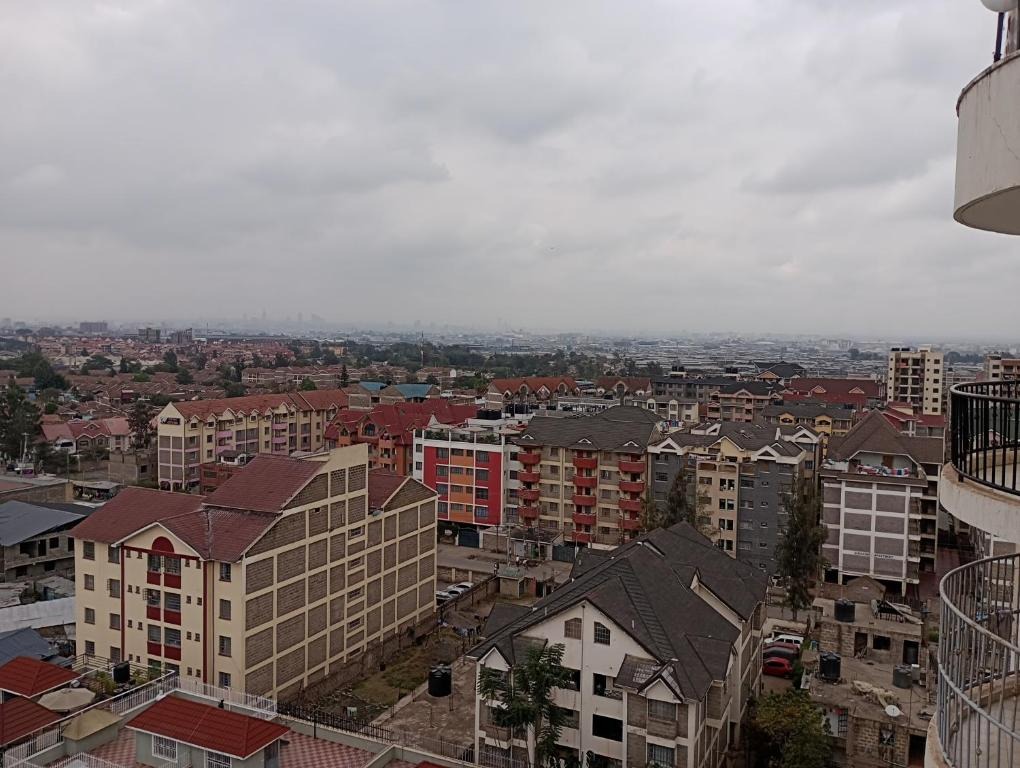Overview of Kenya’s Real Estate Legal System
If you’re thinking about investing in real estate in Kenya, it’s important to familiarize yourself with the country’s legal system. Understanding the laws and regulations that govern property ownership will not only protect your investment but also ensure a smooth and hassle-free real estate transaction.
Kenya’s real estate legal system is based on a mix of laws, regulations, and customary practices. The legal framework is primarily governed by the Constitution of Kenya, which guarantees the right to own property and sets out the principles for land governance.
The Constitution also provides for the establishment of various bodies responsible for regulating the real estate sector, including the National Land Commission, the Ministry of Lands, and county governments. These bodies play a crucial role in enforcing the laws and regulations that govern property ownership in Kenya.
Key Regulations Affecting Property Ownership in Kenya

When it comes to property ownership in Kenya, there are several key regulations that you need to be aware of. These regulations cover various aspects of real estate ownership, including land acquisition, registration, and transfer.
One of the most important regulations is the Land Registration Act. This act establishes a comprehensive system for the registration of land and the recognition of property rights. It sets out the procedures for transferring property, whether through sale, lease, or inheritance, and ensures that all transactions are properly documented and recorded.
Another crucial regulation is the Land Control Act. This act regulates the acquisition and ownership of agricultural land in Kenya. It sets out the procedures for obtaining consent and approval for the purchase or lease of agricultural land, with the aim of protecting the interests of local communities and ensuring sustainable land use.
The Environmental Management and Coordination Act is another regulation that real estate investors need to be familiar with. This act sets out the environmental requirements and standards that must be complied with when developing or using land. It aims to promote sustainable development and protect the environment for future generations.
Common Legal Issues Faced by Real Estate Investors in Kenya

While Kenya has a well-established legal framework for real estate, there are still some common legal issues that investors may face. These issues often arise due to a lack of awareness or improper adherence to the laws and regulations governing real estate.
One common issue is the problem of land disputes. Land in Kenya is sometimes subject to multiple ownership claims or conflicting rights, leading to disputes between different parties. To avoid getting caught up in a land dispute, it is crucial to conduct thorough due diligence and verify the legitimacy of the land and the title documents before making any investment.
Another issue is the issue of fraud. Unfortunately, fraudulent activities are not uncommon in the real estate sector. It is important to work with reputable and trustworthy professionals, such as lawyers and real estate agents, to ensure that all transactions are legitimate and legally binding.
Additionally, the complex and sometimes lengthy process of land registration can pose a challenge for real estate investors. Delays in the registration process can lead to significant delays in property transfer and may cause financial losses. It’s important to be prepared for potential delays and work closely with legal professionals to expedite the registration process.
In conclusion, navigating Kenya’s real estate laws is essential for anyone looking to invest in the country’s property market. Understanding the legal framework, key regulations, and common legal issues will help protect your investment and ensure a smooth and successful real estate transaction.
To learn more about Kenya’s real estate laws and regulations, visit realtyboris.com, your go-to resource for all your real estate needs in Kenya.







